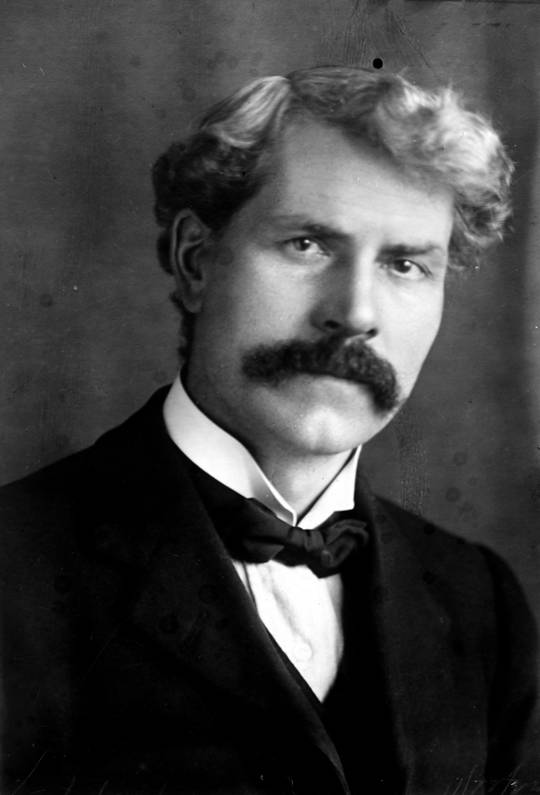Macdonald’s (1866-1937) childhood was both poverty-stricken and illegitimate; he was by far the least privileged of Britain’s prime ministers, although his rise was helped by marriage in 1896 to a modestly wealthy and very helpful wife Margaret, who alas died in 1911. With Keir Hardie, he was one of the two founders of the Labour Party in 1900 and was Secretary of the Labour Representation Committee thereafter, so like Bute he deserves extra credit for bringing a new political force into top politics.
Macdonald refused to serve in the wartime Coalition, so when he became Prime Minister of a minority government in 1924 he had no ministerial experience. In his first short ministry he combined the post with that of Foreign Secretary, helped to negotiate the Dawes Plan German reparations settlement and passed a bill increasing council house spending. Then in 1924-29 he outmanoeuvred Lloyd George and made Labour unquestionably the leading party of the left. His second administration, still dependent on Liberal support and wedded to “gradualism” in implementing socialist programs, ran into the Great Depression and fell when it proved unable to cut public spending as a Special Committee had recommended.
Macdonald then entered the National Government coalition with the Conservatives for which he was much vilified by the left. That government left the Gold Standard, but then enjoyed a far better economic performance than other countries and was easily re-elected in 1935. Macdonald however was largely a figurehead, partly because his health was declining.
Macdonald was a man of principle, a good speaker and an excellent organizer, whose Labour governments lacked top-level talent and were unlucky in their timing. He should rank around average.
